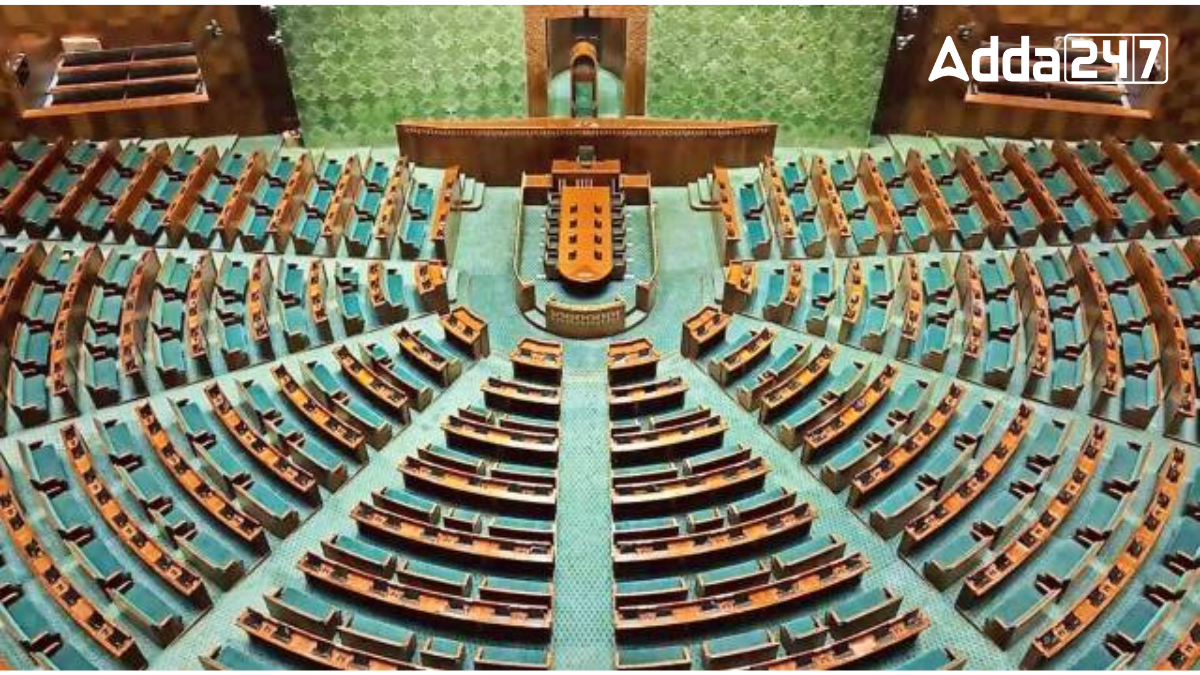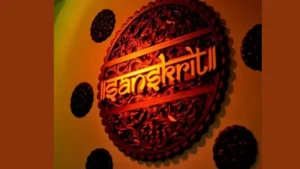The Lok Sabha, the lower house of India’s Parliament, is presided over by the Speaker, a pivotal figure responsible for ensuring the smooth conduct of proceedings and upholding the principles of democracy. Since India’s independence, the role of the Speaker has been occupied by various distinguished leaders, each contributing uniquely to the parliamentary democracy. This article delves into the history and the notable figures who have served as the Speaker of the Lok Sabha.
Who is the Speaker of Lok Sabha?
The Speaker of the Lok Sabha is the presiding officer of the lower house of India’s Parliament. Elected by Lok Sabha members, the Speaker maintains order during debates, ensures parliamentary rules are followed, and represents the house in all its external affairs. The position is pivotal in facilitating the legislative process and upholding the dignity and independence of the house.
Appointment of Lok Sabha Speaker
The Speaker of the Lok Sabha is elected by its members through a simple majority, as mandated by Article 93 of the Indian Constitution. This article specifies that the Lok Sabha must elect a Speaker and a Deputy Speaker from among its members. The President of India oversees this process but does not appoint the Speaker directly. The candidate must be a current member of the Lok Sabha to be eligible for election.
List of Lok Sabha Speakers from 1952 to 2024
The Lok Sabha, India’s House of the People, has had numerous distinguished Speakers from 1952 to 2024, each playing a crucial role in shaping parliamentary proceedings and ensuring the smooth functioning of the legislative process.
Here is the complete list of Lok Sabha Speakers from 1952 to 2024:
| S. No. | Name | From | To |
| 1. | Ganesh Vasudev Mavalankar | 15 May 1952 | 27 Feb 1956 |
| 2. | M. A. Ayyangar | 08 Mar 1956 | 10 May 1957 |
| 3. | 11 May 1957 | 16 Apr 1962 | |
| 4. | Sardar Hukam Singh | 17 Apr 1962 | 16 Mar 1967 |
| 5. | Neelam Sanjiva Reddy | 17 Mar 1967 | 19 Jul 1969 |
| 6. | Gurdial Singh Dhillon | 08 Aug 1969 | 19 Mar 1971 |
| 7. | 22 Mar 1971 | 01 Dec 1975 | |
| 8. | Bali Ram Bhagat | 15 Jan 1976 | 25 Mar 1977 |
| 9. | Neelam Sanjiva Reddy | 26 Mar 1977 | 13 Jul 1977 |
| 10. | K.S. Hegde | 21 Jul 1977 | 21 Jan 1980 |
| 11. | Balran Jakhar | 22 Jan 1980 | 15 Jan 1985 |
| 12. | Rabi Ray | 19 Dec 1989 | 09 Jul 1991 |
| 13. | Shivraj Patil | 10 Jul 1991 | 22 May 1996 |
| 14. | P.A. Sangma | 23 May 1996 | 23 Mar 1998 |
| 15. | G.M.C. Balayogi | 24 Mar 1998 | 19 Oct 1999 |
| 16. | 22 Oct 1999 | 03 Mar 2002 | |
| 17. | Manohar Joshi | 10 May 2002 | 02 Jun 2004 |
| 18. | Somnath Chatterjee | 04 Jun 2004 | 30 May 2009 |
| 19. | Meira Kumar | 30 May 2009 | 04 Jun 2014 |
| 20. | Sumitra Mahajan | 06 Jun 2014 | 16 Jun 2019 |
| 21. | Om Birla | 18 Jun 2019 | Incumbent |
Functions of Lok Sabha Speaker
The Speaker of the Lok Sabha occupies a crucial position as the presiding officer of the lower house of the Indian Parliament. The Indian Constitution outlines the Speaker’s extensive powers, underscoring the importance of this role. Key powers of the Lok Sabha Speaker include:
- Final Interpreter: The Speaker serves as the ultimate authority on interpreting the Constitution of India, the Rules of Procedure and Conduct of Business of Lok Sabha, and parliamentary precedents within the House.
- Maintaining Order: The Speaker ensures order and decorum during House sessions, presides over meetings, and can participate in proceedings without voting rights.
- Certifying Money Bills: The Speaker determines whether a bill qualifies as a money bill, and this decision is conclusive.
- Adjournment: The Speaker holds the authority to adjourn House proceedings or suspend meetings until quorum requirements are met.
- Setting the Agenda: The Speaker decides which topics and issues will be discussed during parliamentary sessions.
- Disqualification Powers: Under the 10th Schedule of the Constitution, the Speaker can disqualify Members of Parliament on grounds of defection.
- Voting Authority: While the Speaker does not vote ordinarily, they possess the power to cast a deciding vote in case of a tie.
- Joint and Secret Sessions: The Speaker presides over joint sittings of both houses of Parliament and can convene a ‘secret sitting’ of the House.




 Which Country is known as the Land of Mo...
Which Country is known as the Land of Mo...
 Which Languages is known as the Mother o...
Which Languages is known as the Mother o...
 Which Country is known as the Highest Pr...
Which Country is known as the Highest Pr...








